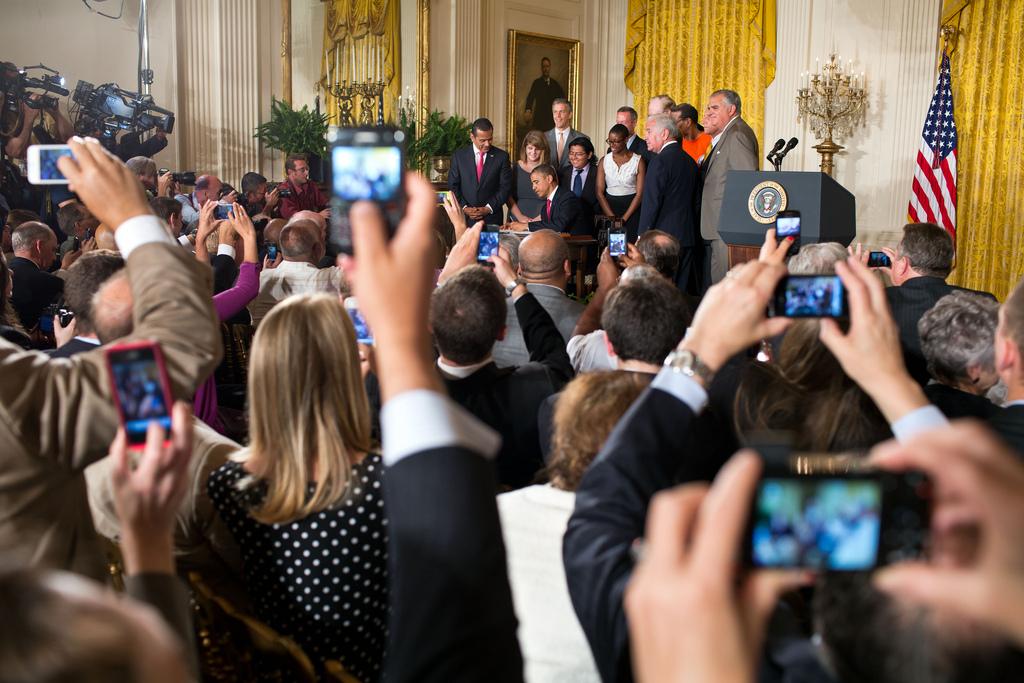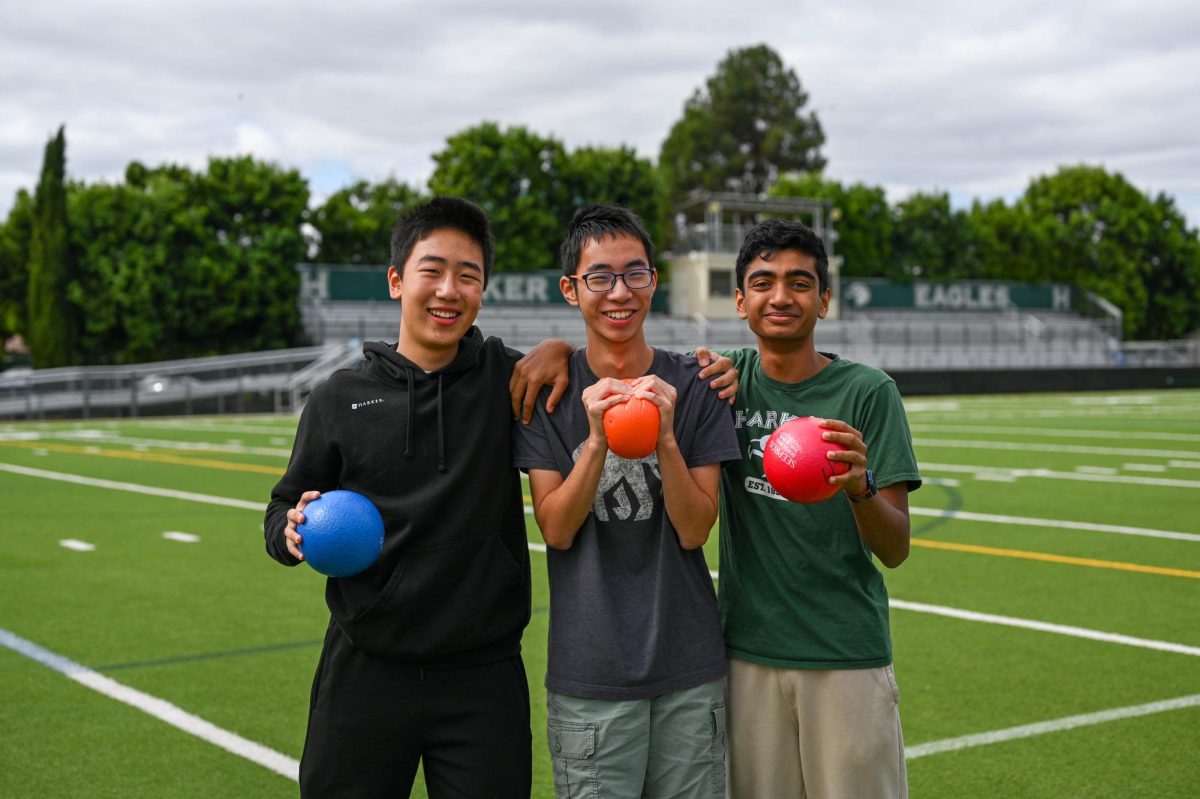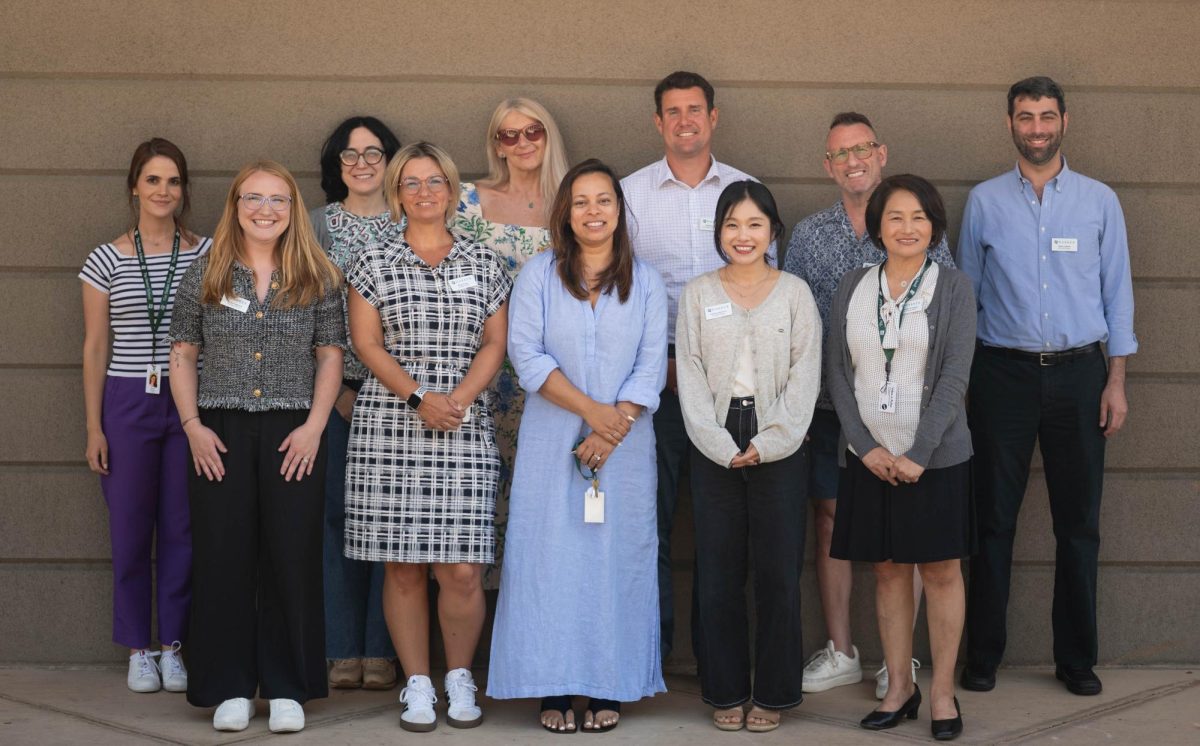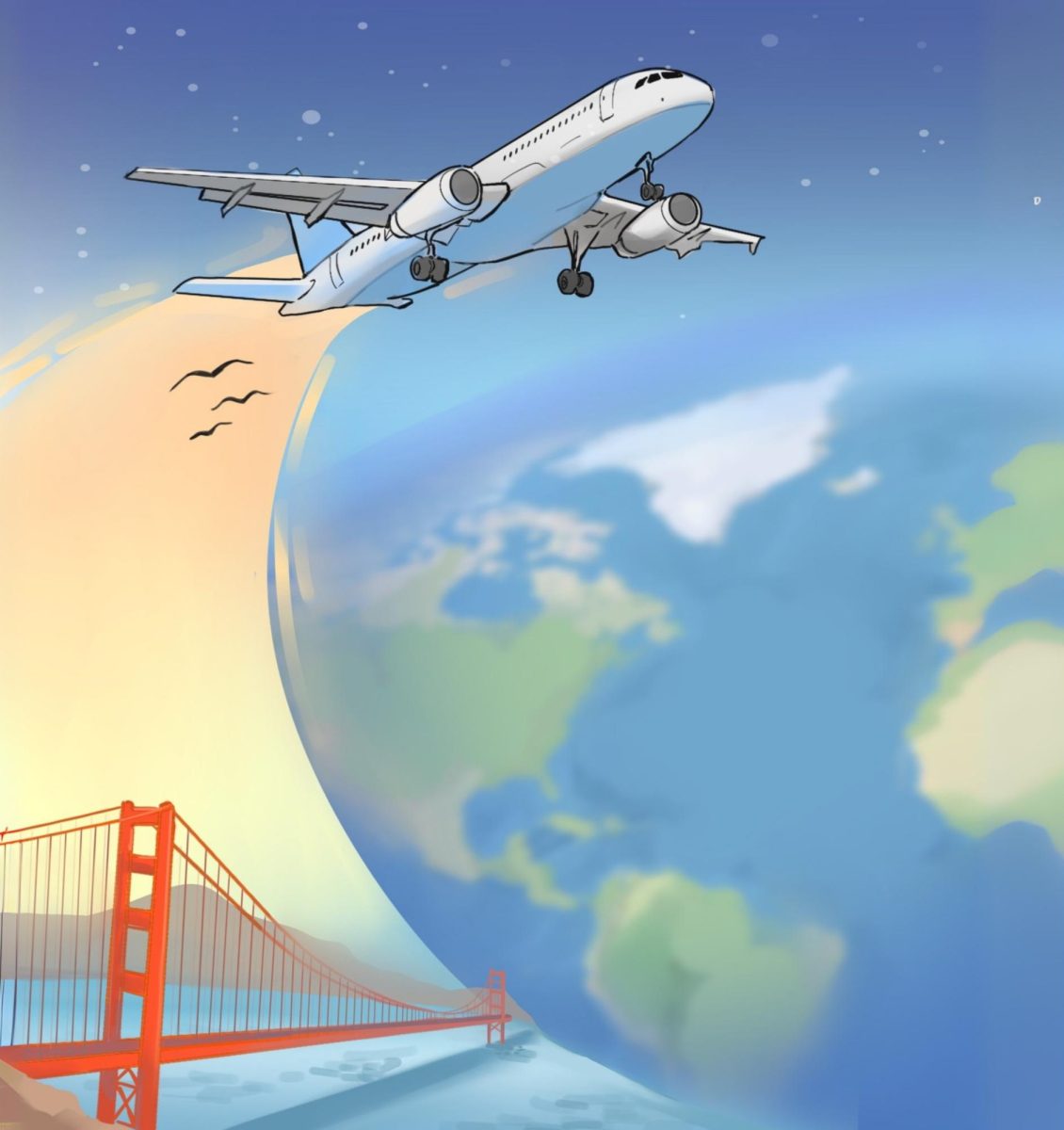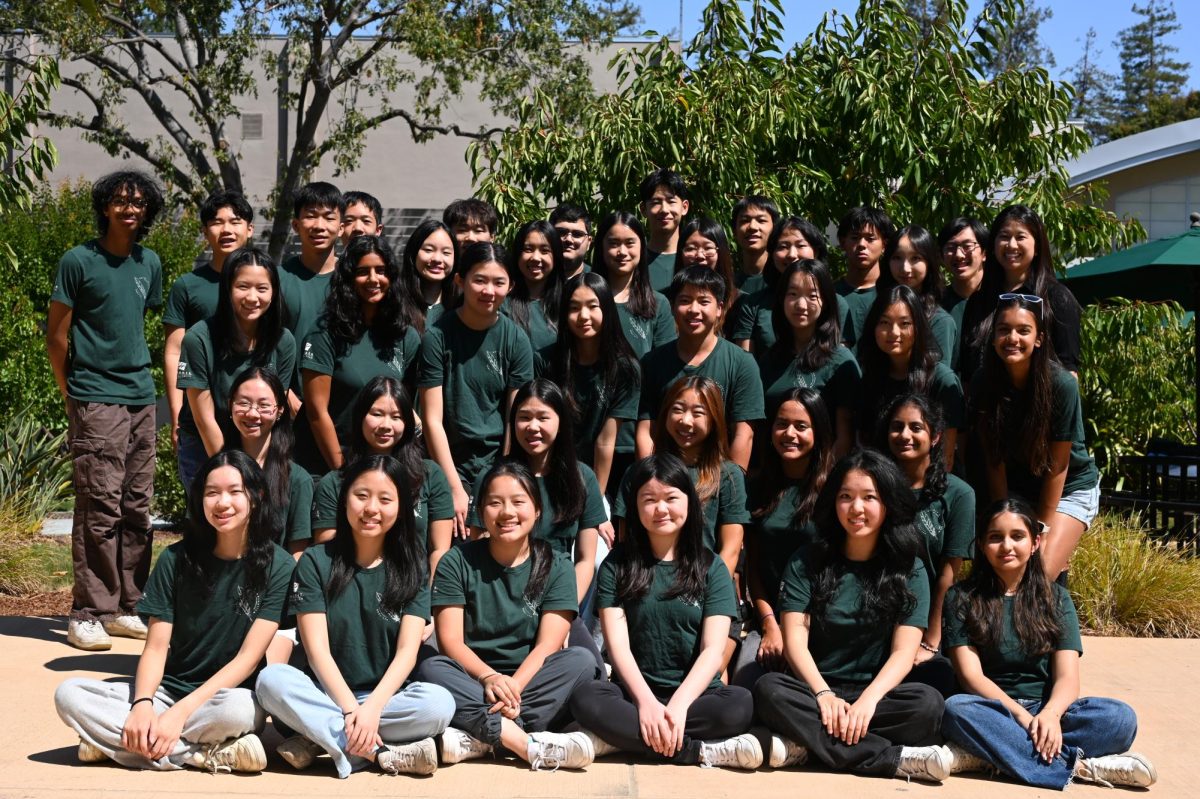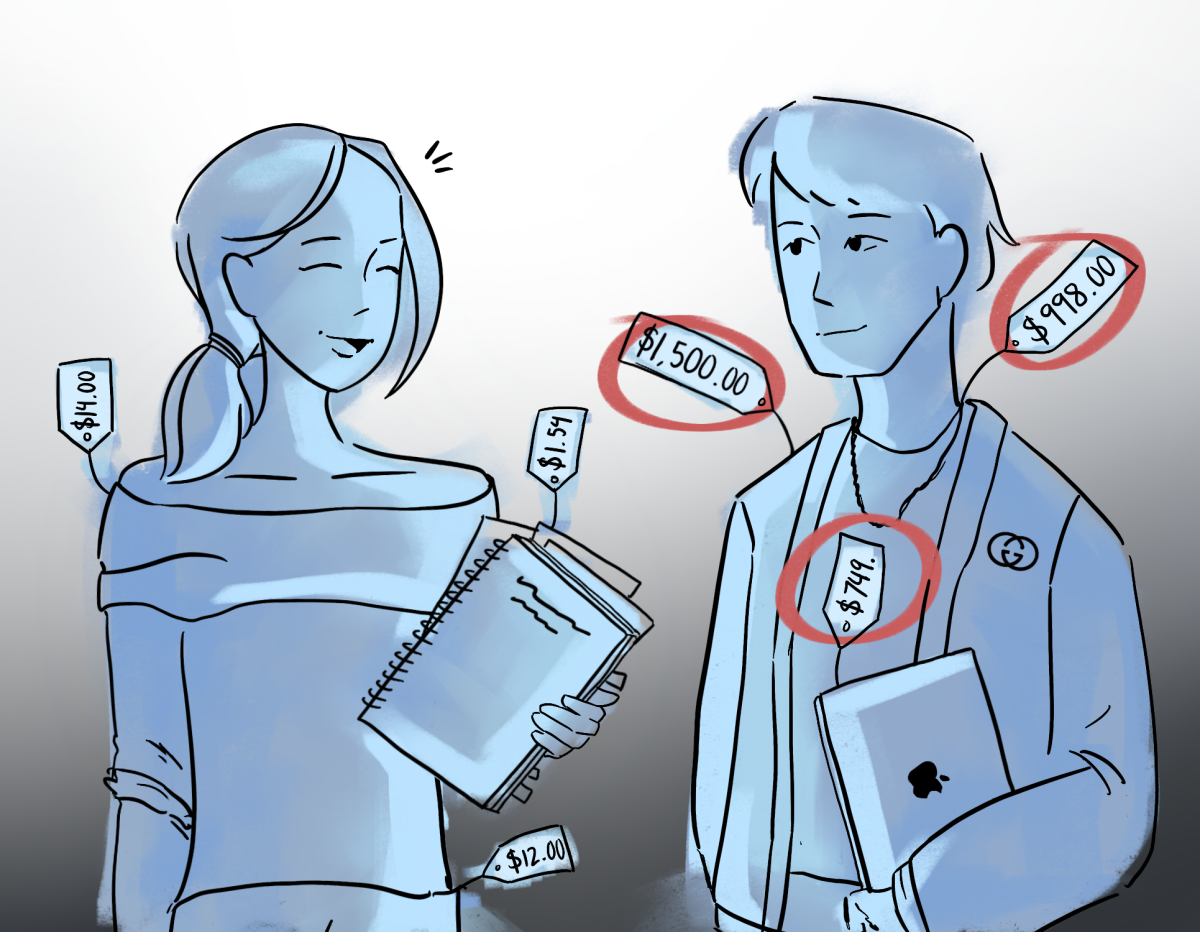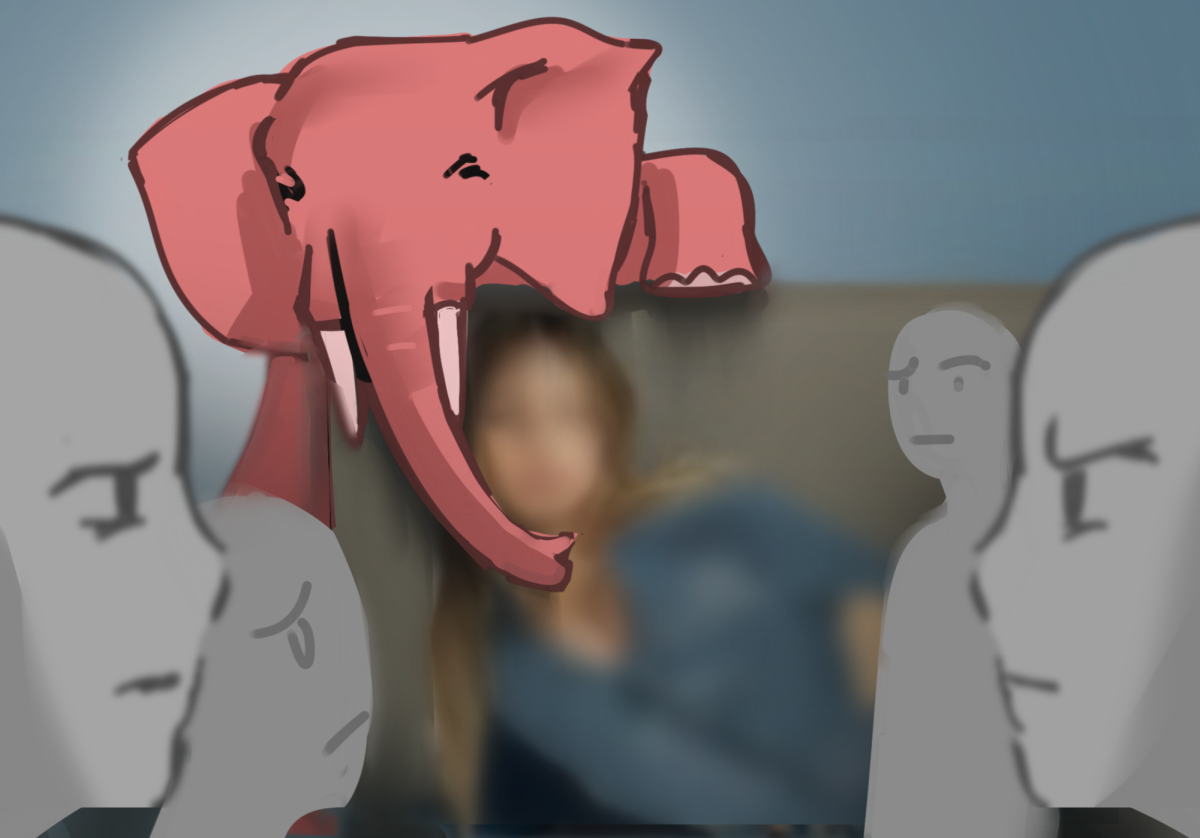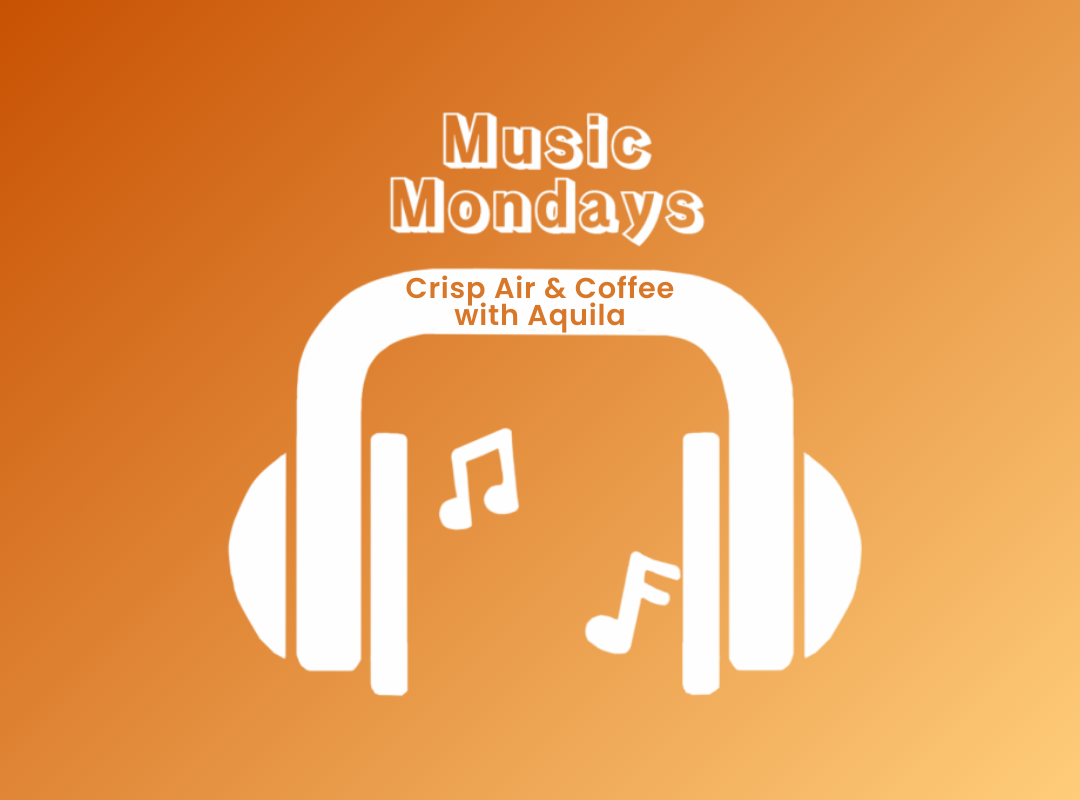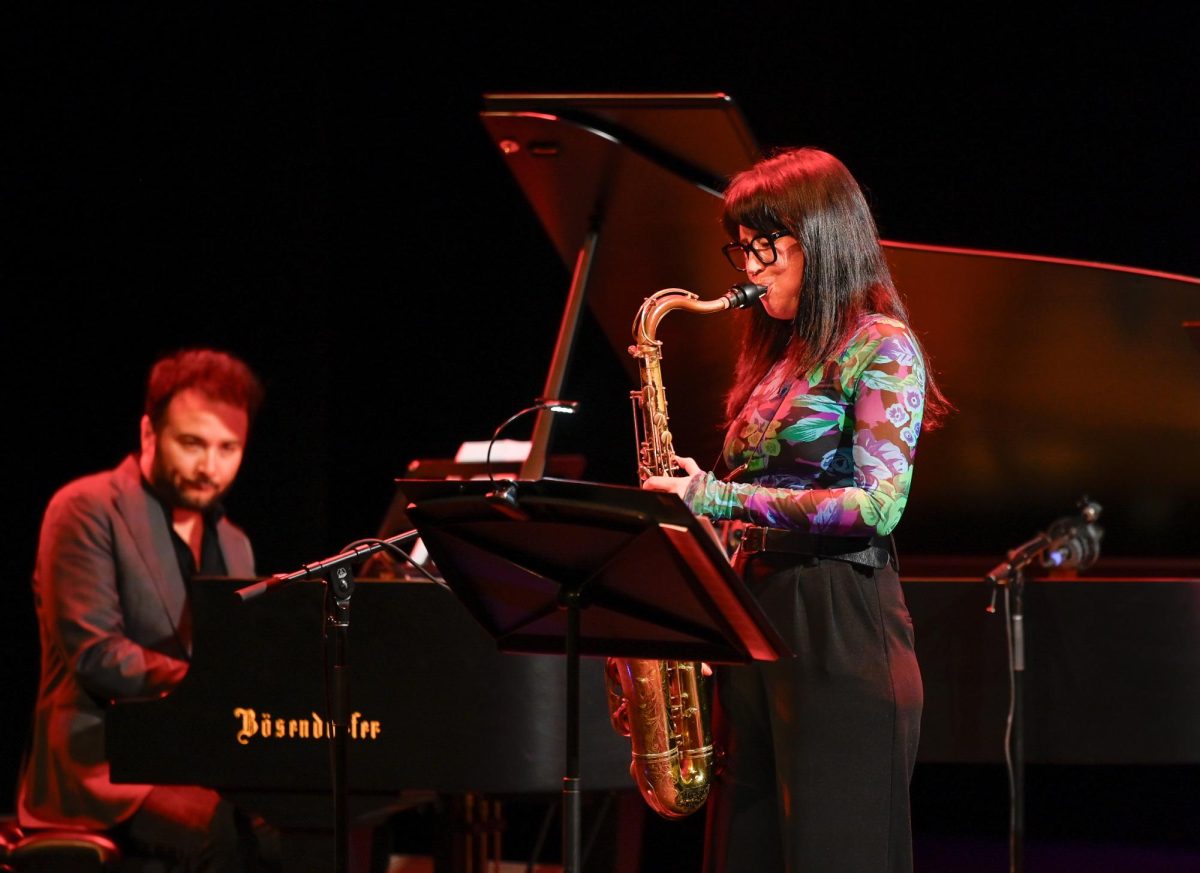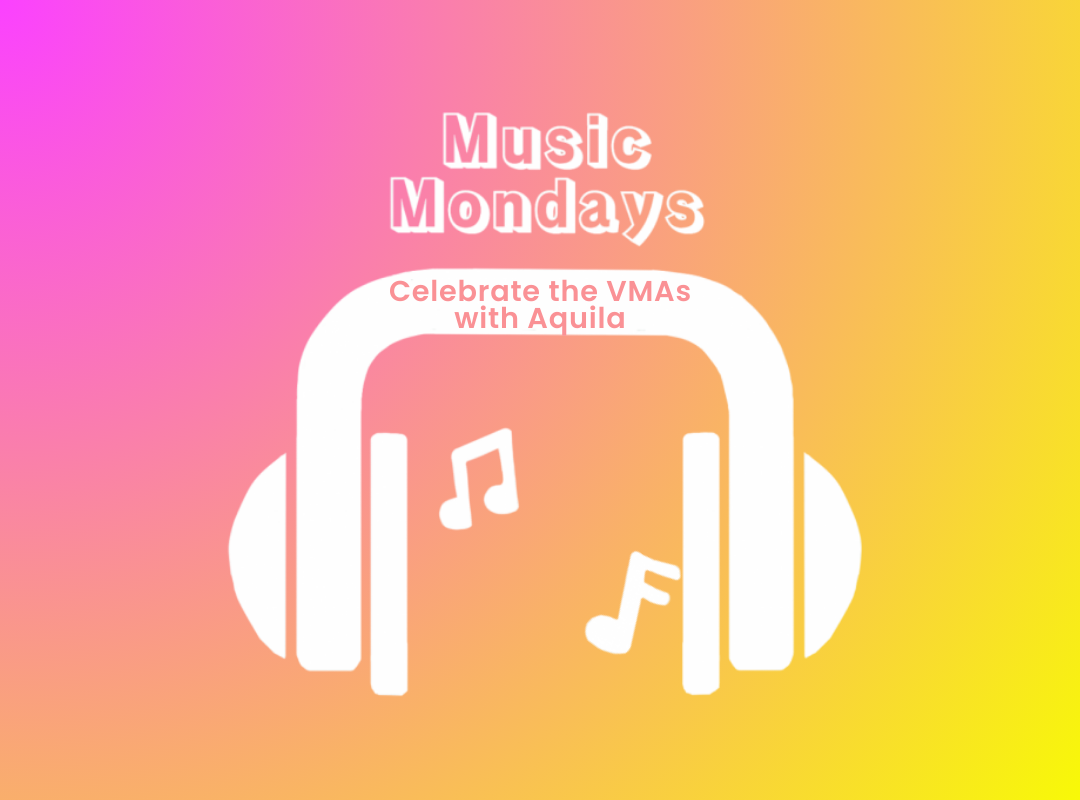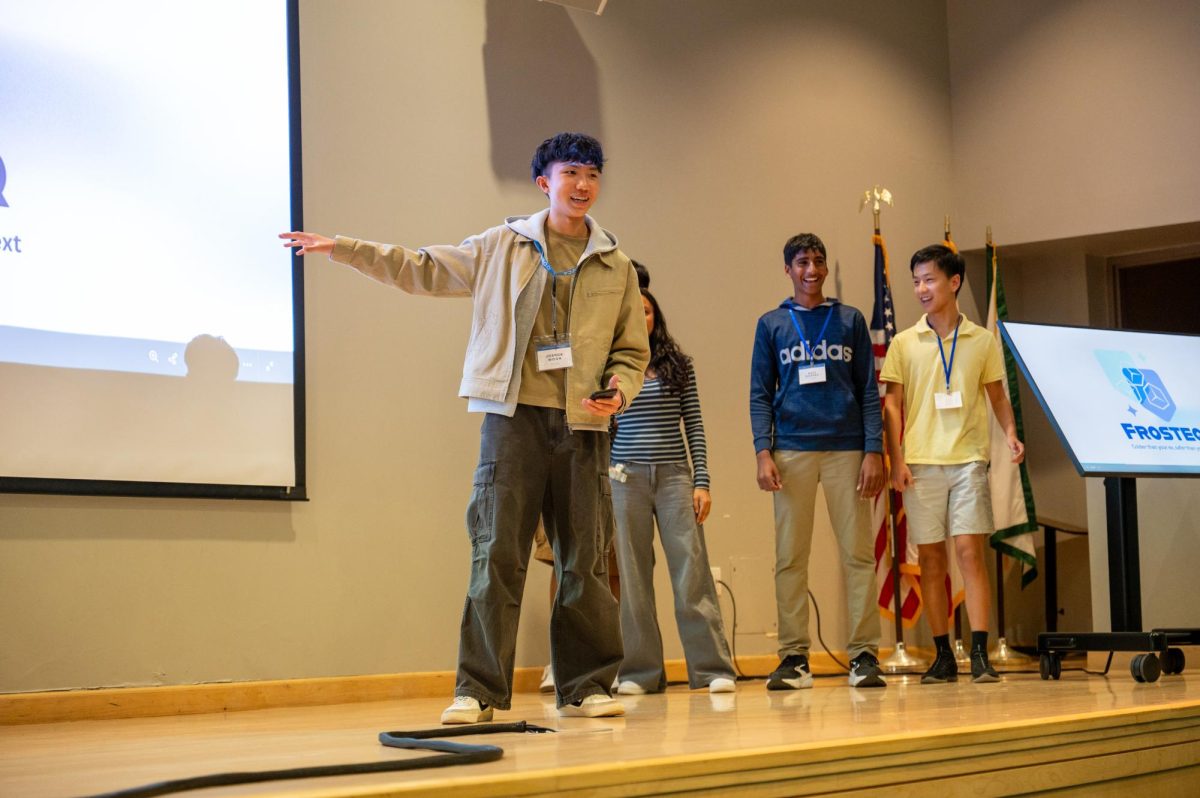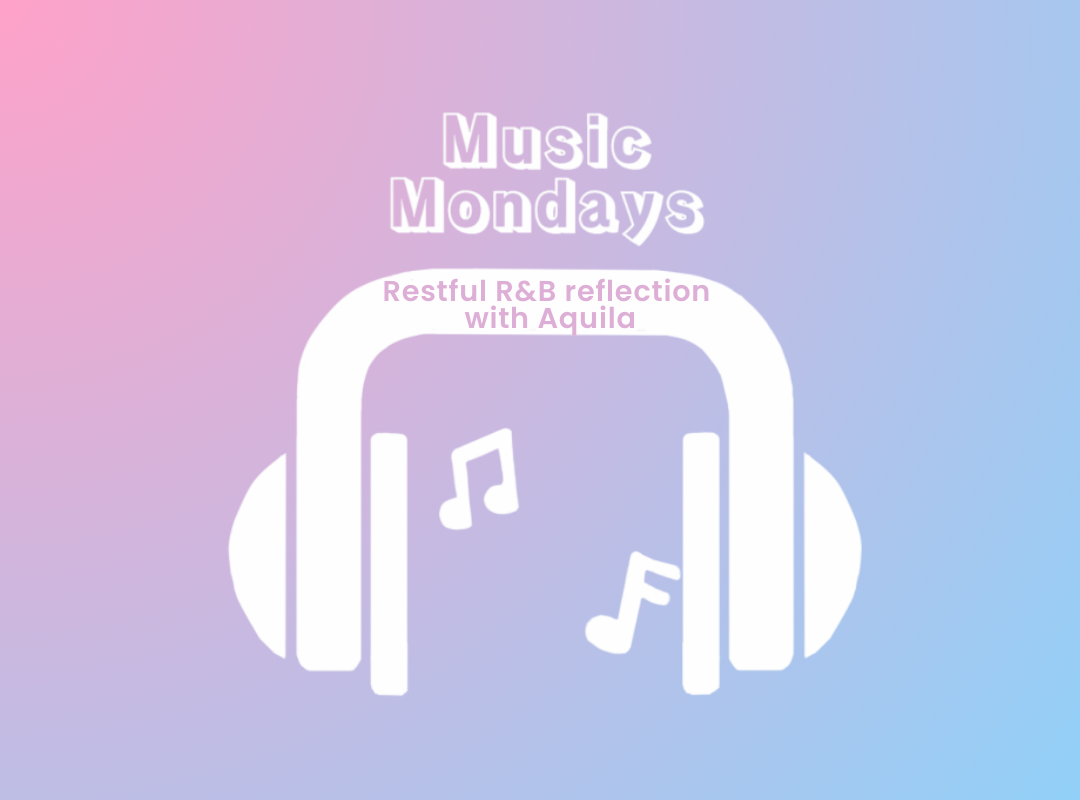According to statistics from Facebook and TwitterCounter, one out of every seven people in the world has a Facebook account, and one in 50 has a Twitter. As such, the abundance of social media played an influential role in one of the most polarizing elections that our nation has ever seen, both before and after the announcement of results.
Candidates expounded their ideologies and policies through means such as Twitter and Facebook in order to reach the general populace, many of who could not attend campaign rallies or speeches. Granted, the campaign staff ran many of the accounts, but sometimes the candidates themselves took to social media to explain their motives, what they stand for, and what they have to bring to the table of American politics.
Mitt Romney’s campaign page has 12 million likes; his Twitter feed, 1.77 million followers. He posted pictures from his concession speech that sparked a heated debate among his followers and critics alike, with one user commenting “America has made a big mistake,” while another commented “[N]ext time think twice before you insult half the nation to your rich friends,” referring to the “47 percent” comment Romney made at a fundraiser.
On Twitter, the reactions tended to be more sympathetic for both candidates because mostly those who supported the candidates retweeted their messages. Supporters of Obama, who has 22 million followers on Twitter and 33 million likes on Facebook, also took to social media, thanking all of his other supporters and volunteers for a hard-fought campaign. Like on Romney’s page, there were a plethora of comments, ranging from the downright negative to the optimistic.
A surprise campaign stop, however, occurred in late August, when Obama visited the social news website Reddit, the self-proclaimed “front page of the Internet.” In this Ask Me Anything (AMA) session, users bombarded Obama with questions about jobs, the economy, foreign policy, and his personal preferences. He also spread messages through Reddit just hours before the polls closed, asking supporters to encourage their friends and family to vote. Romney, however, did not pay a visit to Reddit, instead focusing on on-the-ground campaign stops.
Some students thought that Obama’s various social media appearances helped bolster him in this election.
“The use of social media is what lets them relate to the general public much more,” Neil Movva (10) said. “Romney’s lack of use of social media hurt him in getting younger voters to vote for him, unlike Obama, who used social media to his advantage.”
State ballot measures and senators as well had their own Facebook pages supporting or criticizing the issue or person up for election. For example, Californians created many pages supporting or criticizing Proposition 34, which would have repealed the death penalty. It did not pass.
Compared to four years ago, social media took a front seat in this election cycle as people flocked to the campaign pages through tablets, mobile phones, and even Internet-capable televisions to find out the latest from their favored candidate or where he or she was speaking at a campaign rally that day.
However, not everyone thinks that social media is a panacea for campaign woes.
“The only downside of social media is that one does not know who is posting to those accounts,” math teacher Bradley Stoll said.
He further explained that if he were to create a fake Facebook profile or page named Barack Obama, he could post messages purportedly from the president. Therefore, he advised the populace to take “candidates’ appearances on social media with a grain of salt.”
As the popularity of social media skyrockets, candidates have found different ways to express themselves to the public, especially evident in this year’s Presidential Election.


















![“[Building nerf blasters] became this outlet of creativity for me that hasn't been matched by anything else. The process [of] making a build complete to your desire is such a painstakingly difficult process, but I've had to learn from [the skills needed from] soldering to proper painting. There's so many different options for everything, if you think about it, it exists. The best part is [that] if it doesn't exist, you can build it yourself," Ishaan Parate said.](https://harkeraquila.com/wp-content/uploads/2022/08/DSC_8149-900x604.jpg)




![“When I came into high school, I was ready to be a follower. But DECA was a game changer for me. It helped me overcome my fear of public speaking, and it's played such a major role in who I've become today. To be able to successfully lead a chapter of 150 students, an officer team and be one of the upperclassmen I once really admired is something I'm [really] proud of,” Anvitha Tummala ('21) said.](https://harkeraquila.com/wp-content/uploads/2021/07/Screen-Shot-2021-07-25-at-9.50.05-AM-900x594.png)







![“I think getting up in the morning and having a sense of purpose [is exciting]. I think without a certain amount of drive, life is kind of obsolete and mundane, and I think having that every single day is what makes each day unique and kind of makes life exciting,” Neymika Jain (12) said.](https://harkeraquila.com/wp-content/uploads/2017/06/Screen-Shot-2017-06-03-at-4.54.16-PM.png)








![“My slogan is ‘slow feet, don’t eat, and I’m hungry.’ You need to run fast to get where you are–you aren't going to get those championships if you aren't fast,” Angel Cervantes (12) said. “I want to do well in school on my tests and in track and win championships for my team. I live by that, [and] I can do that anywhere: in the classroom or on the field.”](https://harkeraquila.com/wp-content/uploads/2018/06/DSC5146-900x601.jpg)
![“[Volleyball has] taught me how to fall correctly, and another thing it taught is that you don’t have to be the best at something to be good at it. If you just hit the ball in a smart way, then it still scores points and you’re good at it. You could be a background player and still make a much bigger impact on the team than you would think,” Anya Gert (’20) said.](https://harkeraquila.com/wp-content/uploads/2020/06/AnnaGert_JinTuan_HoHPhotoEdited-600x900.jpeg)

![“I'm not nearly there yet, but [my confidence has] definitely been getting better since I was pretty shy and timid coming into Harker my freshman year. I know that there's a lot of people that are really confident in what they do, and I really admire them. Everyone's so driven and that has really pushed me to kind of try to find my own place in high school and be more confident,” Alyssa Huang (’20) said.](https://harkeraquila.com/wp-content/uploads/2020/06/AlyssaHuang_EmilyChen_HoHPhoto-900x749.jpeg)



